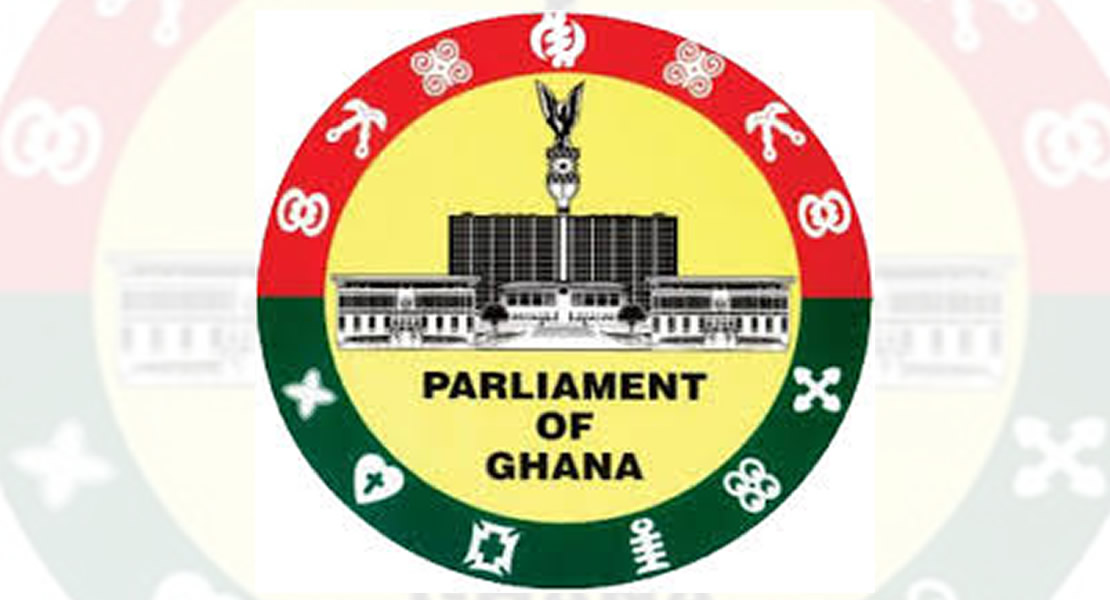
One area of utmost concentration in this election would be the parliament of Ghana, one of the three arms of government.
Out of the three arms, except for the judiciary, the executive and parliament are subjected to the ballot box by the citizenry.
Aside taking a hold of the executive, dominance in parliament becomes a necessary evil to ensure smooth and less stress in pushing through with government business.
Lessons from the past in this fourth Republican Constitution with regards to happenings in parliament cannot be lost on various political parties, particularly the dominant duo. In recent times, particularly this eighth parliament, the breathtaking moments or seemingly acrimonious events that raised their ugly heads were largely due to the game of numbers.
For many observers, the eighth parliament has been the most violent, while others describe it as most difficult because of pockets of very tense moments even resulting in fisticuffs.
While at it with the perfect description, many were oblivious of the uniqueness of the eighth parliament with the government in power hanging on the benevolence of the only independent Member of Parliament to clinch a ‘Majority group’; a terminology that has only been introduced and used in the eighth parliament. This presents a departure from the terms “Majority side’, ‘Minority side’ which have hitherto, been associated with Parliament.
Cooperation and consensus building became the building block to the running of affairs in the house as has widely been preached by the Speaker, Alban Sumana Bagbin.
Is it therefore surprising that the Judiciary became the arbiter in a number of stalemates in the House? Famous among these are the ‘vacant four seats saga’, ‘2022 budget approval’ ‘firing and reappointment of some ministers’ among others.
Though some schools of thoughts frown on the interventions from the courts arguing that it turns to water down the independence of the Legislature, others welcome it to bring clarity to emerging issues. But even the rulings of the courts are not always deemed adequate enough, thus the confusions continue.
The 2024 elections present an even more challenging situation for Parliament with 276 seats following the creation of the Guan Constituency; a number that can evenly be divided if the electorates decide to push for another scenario of consensus building in the House rather than the usual “Minority can have their say, but the Majority will have their way” kind of behavior.
Aware of this, the two leading political parties, the National Democratic Congress (NDC), and New Patriotic Party (NPP) have not hidden their interest in securing more seats, a development that has heightened vigilance on constituency elections.
The 2020 elections witnessed quite a number of seats being settled in court and the pockets of blood shed leading to death were also mostly attributed to parliamentary results.
Three possible outcomes are expected;
• Government with Majority in Parliament
• Government with Minority in Parliament
• Government with a hang Parliament.
While the first instance is a preferred outcome for all parties, the remaining two are avoided as a plague.
An interesting twist to the entire rancors that involved the eighth parliament however, is the true test of parliamentary democracy, and bringing to the fore peculiar situations that were not initially envisaged.
It is a fact that it took events in the eighth parliament to inform the review of the Standing Orders in 2024 to sufficiently address the changing times.
The game is on with few days to the December 7 elections; and the fates of the politicians are in the hands of the electorate who will decide on competence or political affiliations. Whatever the outcome, the citizens have only one day to hand over their destinies to the politician for the next four years.
EDITOR’S DESK/ Ghanamps.com